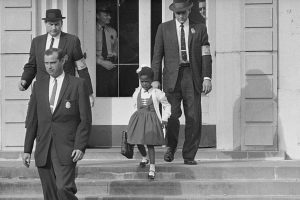 Voting and Holiness
Voting and Holiness
Edited by Nicholas Cafardi (Paulist Press, 2012)
Elections have become something of a cross to bear for American Catholics. Not only is it difficult to find a candidate who does not hold a position at variance with Catholic teaching, the debate over how Catholics should respond to this reality has become increasingly bitter.
Voting and Holiness: Catholic Perspectives on Political Participation, a collection of essays edited by law professor Nicholas Cafardi, will provide a helpful guide to Catholics wrestling with these decisions. Each essay in the collection is followed by a set of questions for reflection, making the book an excellent resource for parish discussion groups.
Many of the essays have a historical bent. Sociologist William D’Antonio, for example, provides a helpful overview of how the U.S. bishops have participated in the political process since the early 1970s. This and other essays in the book convey the impression that there has been a gradual narrowing of the bishops’ public witness, which is now associated in the public mind mostly with opposition to abortion and same-sex marriage.
Two of the best essays in the book provide concrete guidance to Catholics wrestling with how to vote. In “Prudential Judgment and Catholic Teaching,” theologian Richard Gaillardetz argues that conscientious Catholics need to understand the distinction between moral principles and the application of those principles to concrete situations. Legal scholar Cathleen Kaveny takes up the issue of “intrinsic evil,” noting that many Catholics mistakenly believe that evils that are “intrinsic” (i.e. evil by the nature of the act rather than because of motive or circumstance) are graver than other evils. This is not always the case, argues Kaveny.
The work could have benefitted from one or two essays taking a more conservative position on some of these issues. In a polarized political culture, Catholics must now more than ever be willing to witness to a communion in Christ that transcends political divisions.
This article appeared in the June 2012 issue of U.S. Catholic (Vol. 77, No. 6, page 43).













Add comment